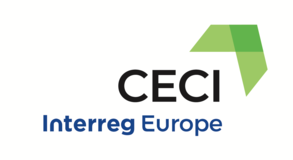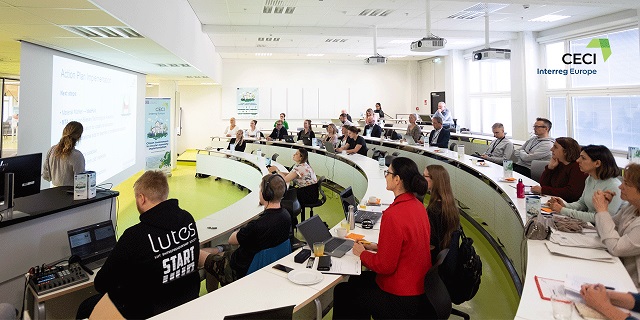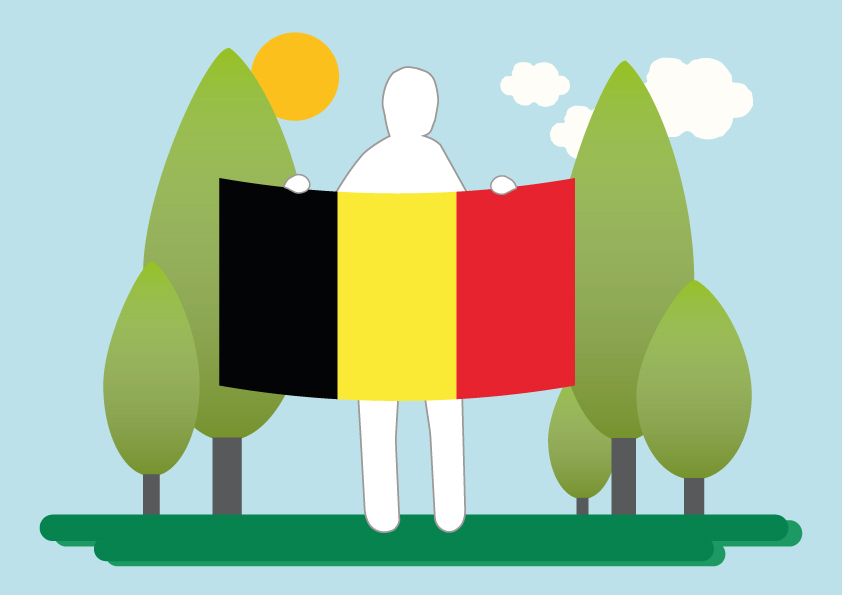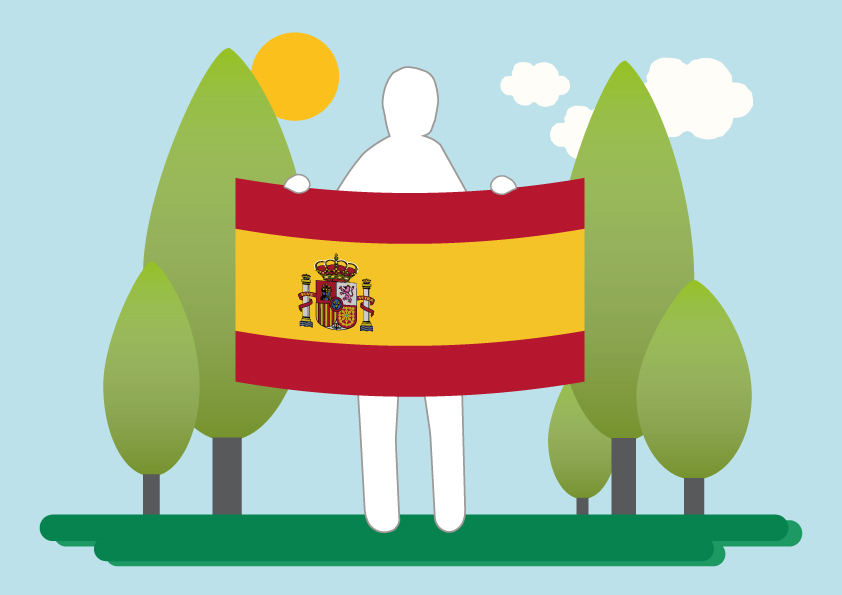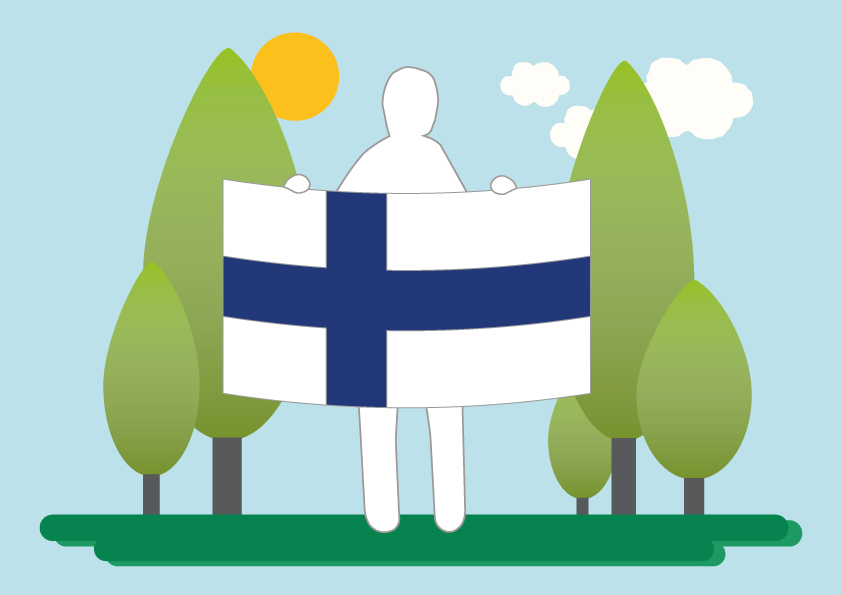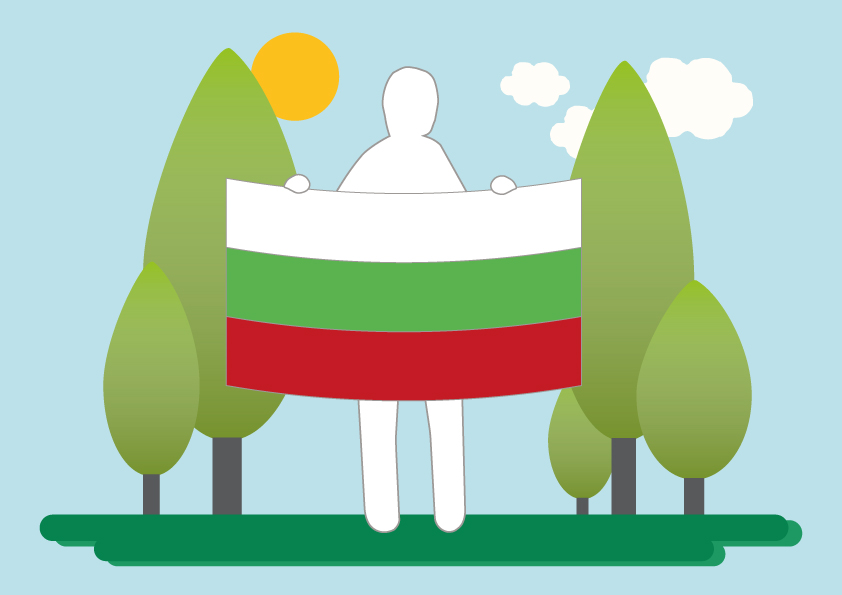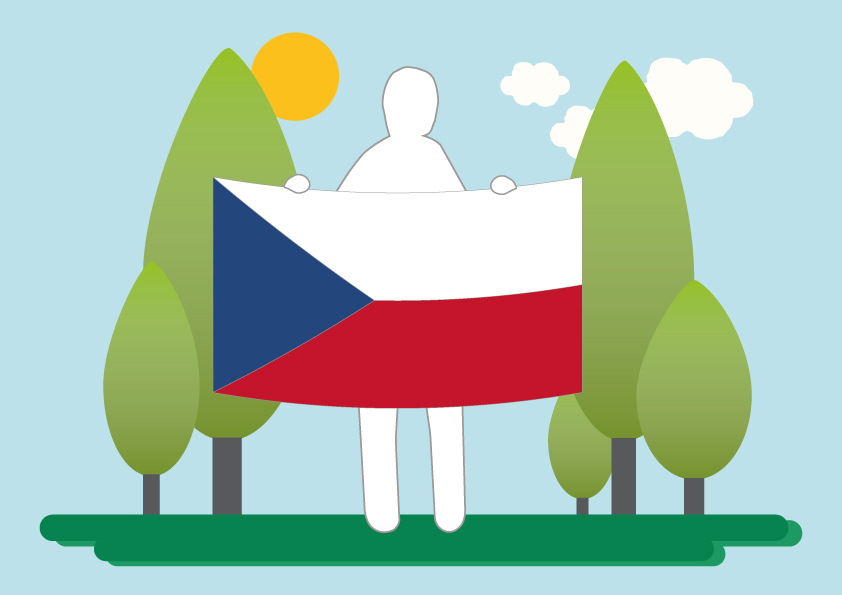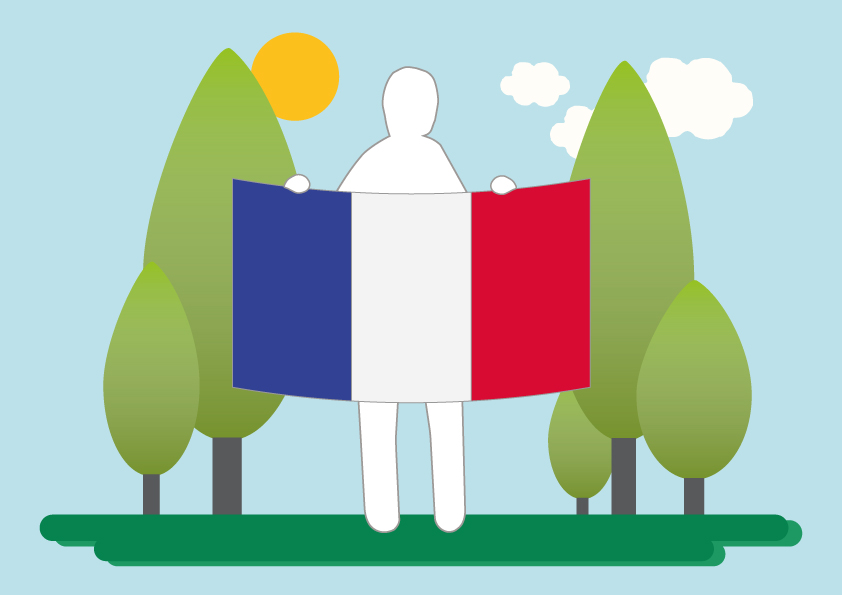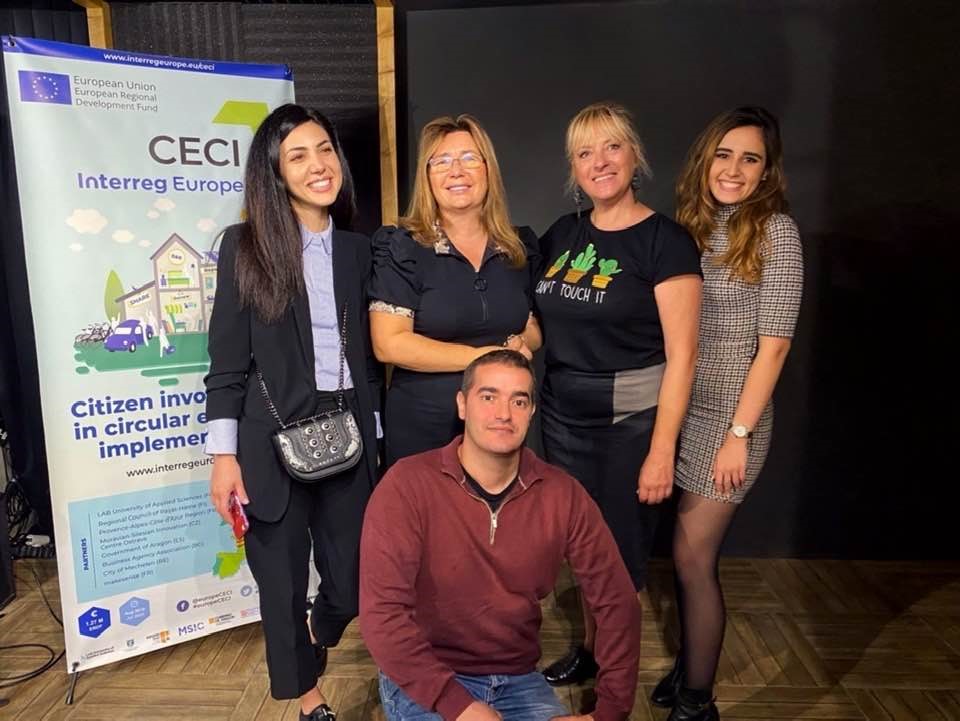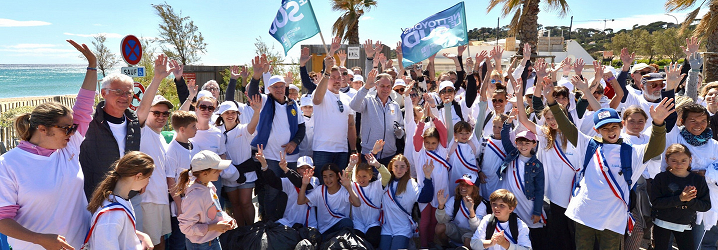CECI - EASY TO COOPERATE: THE SOUTH IS MOVING THE LINES FOR ANOTHER ECONOMY!
How are you and I, citizens of Europe, involved in the development of new modes of consumption and production, stemming from the "circular economy"? Exchanging ideas on this subject with other European Regions with a view to improving public policies is the aim of the European interregional cooperation project called CECI. In spite of Covid-19, the South Region, France is actively contributing and promoting its exemplary citizen projects, including these good practices: Super Cafoutch, Totem Mobi, La Roue and Synchronicity.

The subject is more urgent than ever in the face of the global health crisis which, for the past year, has been questioning our purchasing and consumption practices and our production methods. "Reducing, Reusing, Repairing, Recycling": the 4Rs rule alone sums up the philosophy of the circular economy. The Southern Region has placed circular economy at the heart of its economic development strategy and its "CLIMATE PLAN" adopted in 2017.
We all know that our planet today has limited, not to say extinct, natural resources. Moreover, the world's population is growing steadily and will reach 9.7 billion people by 2050. The South will not be spared by this staggering population growth and the challenges it implies. Instead of constantly buying new products, we can circulate, share and recycle them in a virtuous cycle. This is the circular economy. In the Southern Region, it has become a real-life and development project.
Let's go for the circular economy!
The economy must be at the service of the ecological transition: this is the credo of the Southern Region with its Climate Plan (1.4 billion €). It thus accompanies the companies of Provence-Alpes-Côte d'Azur in this necessary transition in the face of the challenges of climate change, by helping them to undertake and produce differently, in a more environmentally friendly manner, from their first steps to the complete transformation of their economic model. But the Southern Region is also closely interested in the role of citizens in the deployment of the circular economy, in the actions they propose to consume differently. This is precisely the purpose of the CECI project at the European level, a cooperation project in which the South Region is participating.
Inspiring each other

CECI is the name of one of the 258 projects selected by a call for projects launched in 2019 by the European Union (specifically, through its interregional cooperation program Interreg-Europe)*. CECI stands for "Circular Economy & Citizen Involvement", in French, "Implication des citoyens dans la mise en œuvre de l'économie circulaire". Europe has endowed it with 1.592 million euros from 2019 to 2023, intended to co-finance innovative or exemplary projects proposed by its eight public partners from Belgium, Bulgaria, Spain, Finland, France, Czech Republic. Up to 85% of a project's expenditure is eligible. CECI's lead partner is LAB University of Applied Sciences in Finland, as the city of Lahti has been designated European Green Capital for 2021 by the European Commission (after Lisbon in 2020 and Grenoble in 2022).
Why constantly reinvent the wheel, when we can move forward better and faster together? This is the principle of the Interreg Europe program. It enables the sharing of solutions, ideas and good practices between partners. In short, CECI is common sense and collective intelligence applied to the circular economy and more particularly to the role played by consumers in developing it. We are interested in the way they engage in the development of new consumption models. In the end, what is expected of the CECI by the South Region and its other partners is to draw inspiration from observed and compared experiences (the "benchmark" principle) in order to draw up or improve their public policies. The South Region will integrate the outcome of this work into the new regional economic development, innovation and internationalization scheme that should be launched in 2021. They will of course also be able to inspire the orientations of the new 2021-2027 European programs.
Read the full version of the press release issued in February 2021 here.
